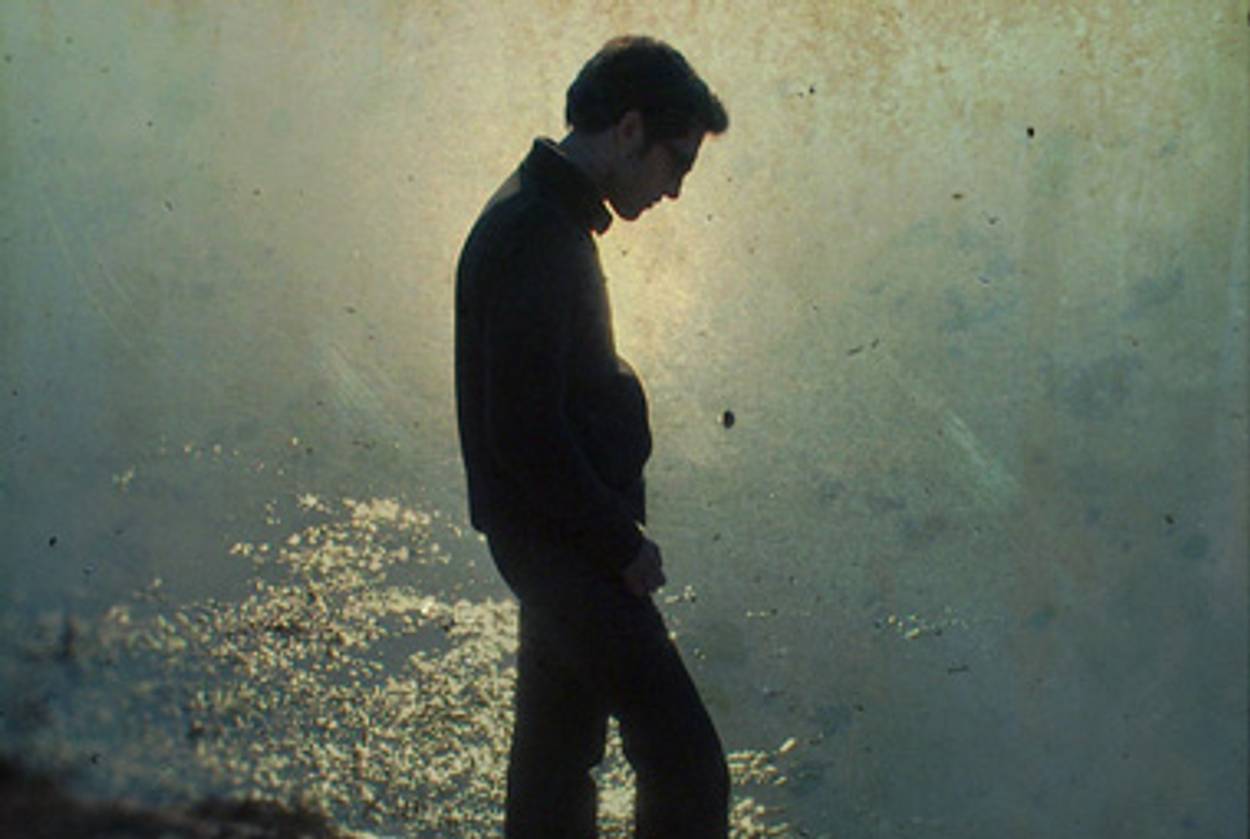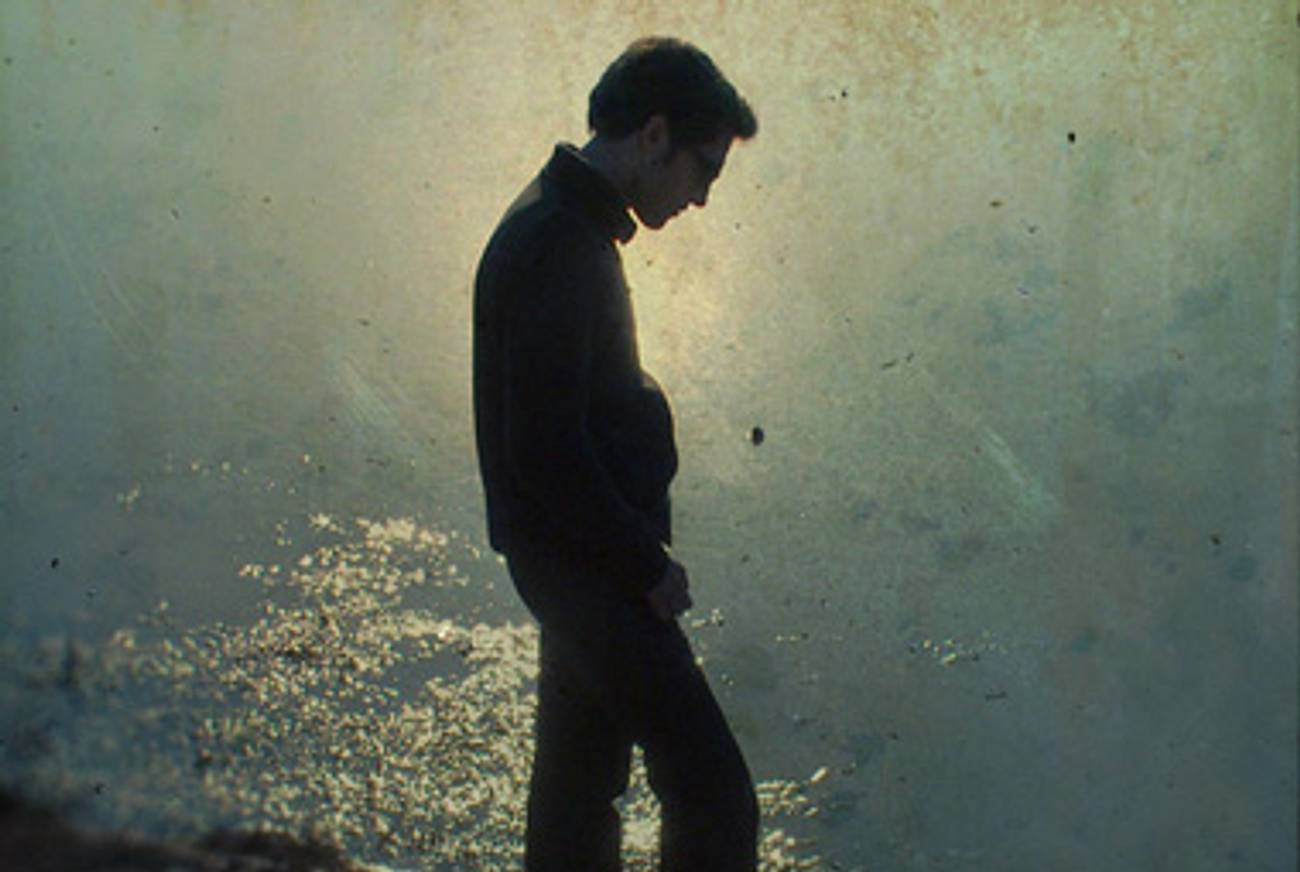Unorthodox Theology
An anthology of liberal Jewish thought evinces a deep unease with traditional conceptions of God




Earlier this month, in Jerusalem, more than 100,000 haredi Jews took to the streets to protest the Israeli government’s attempt to desegregate an Orthodox girls’ school. The school had been physically separating Ashkenazi and Sephardi students, ostensibly because the latter did not live up to the standards of piety and modesty demanded by parents of the former. When Israel’s High Court ordered the barriers removed, a group of parents belonging to the Slonim Hasidim withdrew their daughters from the school, and when the court ordered them to return, the parents preferred to go to jail. These arrests triggered the massive protest, in which signs were displayed that read “God will rule for all eternity.”
To turn from headlines like these to Jewish Theology in Our Time (Jewish Lights), a new book of essays by professors and rabbis associated mainly with the Reform and Conservative movements, is to see the dilemma of liberal Judaism in a starkly ironic light. In Bnei Berak—and, for that matter, in the Brooklyn neighborhoods of Williamsburg and Crown Heights—are thousands upon thousands of Jews who not only know with utter certainty just what Judaism is and what God wants from them, but are willing to defy the powers of the earth to do it. Meanwhile, the contributors to this book—edited by the rabbi of Manhattan’s Park Avenue Synagogue, Elliot Cosgrove—can barely even use words like God and Judaism without a blizzard of explanations and qualifications.
“God,” writes Rabbi Bradley Shavit Artson, dean of rabbinic studies at American Jewish University, “is the dynamic that makes for novelty, innovation, complexity, and growth.” Similarly, Rabbi Tamar Elad-Appelbaum writes that “divinity is the radical force that moves the entire cosmos.” Such a God, quite obviously, cannot be the God who walked in the cool of evening in the Garden of Eden, or spoke to Moses out of a burning bush. Eitan Fishbane, assistant professor at the Jewish Theological Seminary, confesses that “I could not believe in the God of heavenly transcendence, the highly anthropomorphic deity of classical Judaism.” And if, as Rabbi Jeremy Kalmanofsky agrees, “The character in the Bible is not God,” then everything the Bible tells us about the covenant between God and the Jewish people is equally incredible: “[W]e cannot imagine that only Israel … possesses the covenant with God.” Rabbi Or N. Rose is still more explicit: “I do not believe that the Jewish People are God’s chosen people.”
All this is quite reasonable, and I am inclined to agree with it myself. But then, I am not in the unenviable position of having to make these denials and scruples the basis for a Jewish theology. To be fair, dogmatic theology has never been the primary expression of Jewish thinking about God, the way it has been for Christianity. When we think of the great Jewish teachers, they are rarely theologians like Saint Augustine and Thomas Aquinas, but rather commentators like Rashi or mystics like the Baal Shem Tov.
Certainly, when the contributors to Jewish Theology in Our Time describe what they are doing, they are very reluctant to use the word theology, which implies that human beings are capable of making some kind of true statement about God. For almost all of them, this is not just a hopeless goal, it is not a goal at all; God, in these pages, is not a being to be described but a process to be experienced. As Kalmanofsky puts it, “Theology is discourse about God. Religion is the human, social response to transcendence; systems of ideas, tales, and behaviors that help us keep faith with our deepest spiritual experiences.”
The book is dedicated to the proposition that it is possible to have religion, in this pragmatic, metaphorical, experiential sense, without theology. “For many of us,” Rabbi Leon Morris writes, “contemporary theology is less about what we know to be true and more about religious ways of organizing and conceiving the world.” That the contributors force themselves to make this distinction honestly is the most appealing and honorable quality in the book. They are unable to build their Judaism on propositions they cannot genuinely believe are true. And their reason, schooled in secular history and science, makes them unable to subscribe to even the most basic traditions of Judaism—for instance, that God gave Moses the Torah on Mount Sinai, or that God promised the Land of Israel to the Jewish people.
Benjamin Sommer, professor of Bible at JTS, uses a gentle euphemism when he describes “the Bible as Israel’s reaction to divine revelation.” But a reaction is not a revelation, and it gives the Bible no greater authority than, in Sommer’s words, “midrashic collections, medieval commentaries, and modern scholarly works, not to mention questions asked last Saturday morning by a worshiper at a synagogue’s Torah discussion.” Any earnest attempt to grapple with the sacred is, by this definition, sacred.
This points to one of the two minimal affirmations that these theologians are willing to make: that there is something in our experience of the world that compels us to use the language of divinity. “We know,” writes Fishbane, “that there is radiance and redemption beneath the surface of our experience. That glow is the hidden light of divine presence, concealed there from time immemorial.” Should you reply that you do not “know” this, or if you acknowledge the phenomenon but decline to describe it in terms like “radiance and redemption,” you are probably an atheist or agnostic, and there will be nothing at all in Jewish Theology in Our Time to dissuade you from a strictly secular interpretation of experience.
But say that, like these writers and the majority of human beings, you do have an intuition of divinity in the world. This may be the basis for religion, or perhaps spirituality. But is it a basis for Judaism? To put it more sharply: Do the traditional texts and practices of Judaism have any claim on a Jew, or is she just as free to define her beliefs by drawing on Christian or Buddhist sources, or for that matter secular ones (art, music, literature)? “Some of us,” writes Rabbi Michael Marmur, “are in search of a new way of expressing our sense of commitment and responsibility, our yearnings and principles.” But must that “syntax and vocabulary,” as Marmur describes it, be a Jewish one?
Here, again, the contributors are maximally diffident. Fundamentally, most of them seem to agree that Judaism is not a better or truer description of man’s relation to God than any other faith. Being Jewish is not a commandment but a choice: “For me, the prospect of abandoning Judaism is inconceivable,” Marmur writes, with a tacit emphasis on the first two words. When the book’s contributors use the language of Judaism, it is because they find that language the most available and authentic.
In fact, what distinguishes this generation of liberal Jewish theologians from its predecessors is a renewed interest in the language of classical Judaism. Many of the contributors to Jewish Theology in Our Time use talmudic allusions and kabbalistic imagery to express their very contemporary concerns. The spiritual attitude of total resignation described by Rabbi James Jacobson-Maisels, in “Non-dual Judaism,” strikes me as essentially Buddhist, yet he phrases it in Hasidic language: “As the Baal Shem Tov describes it, our resistance to the difficulties of life merely multiplies our suffering, but when we respond to pain with compassion and acceptance our suffering becomes joy.” Marc Shapiro sounds like an 18th-century Deist when he writes, “I personally am comfortable removing God from almost everything that takes place in the world,” but he prefers to trace this idea to Maimonides.
In his afterword, Cosgrove expresses a certain degree of surprise at the book he has produced. He notes that certain subjects that might be expected to feature in contemporary Jewish theology—“the Enlightenment, Shoah, or establishment of the State of Israel”—go practically unmentioned here. But that is because these writers do not see it as part of their task even to touch on subjects like providence and theodicy. The existence of evil can present a theological problem only if you believe that God has the power to restrain or permit evil, and the God we see in these pages has no such power. It follows that this God would be extremely hard to pray to in times of need. A useful sequel to Jewish Theology in Our Time, in fact, would be accounts from these rabbis of how their theology works in a pastoral setting. When comforting a mourner, as when organizing a protest, it is probably much easier to be able to say, “God will rule for all eternity”—which doesn’t, of course, make it true.
Adam Kirsch is a poet and literary critic, whose books include The People and the Books: 18 Classics of Jewish Literature.
Adam Kirsch is a poet and literary critic, whose books include The People and the Books: 18 Classics of Jewish Literature.